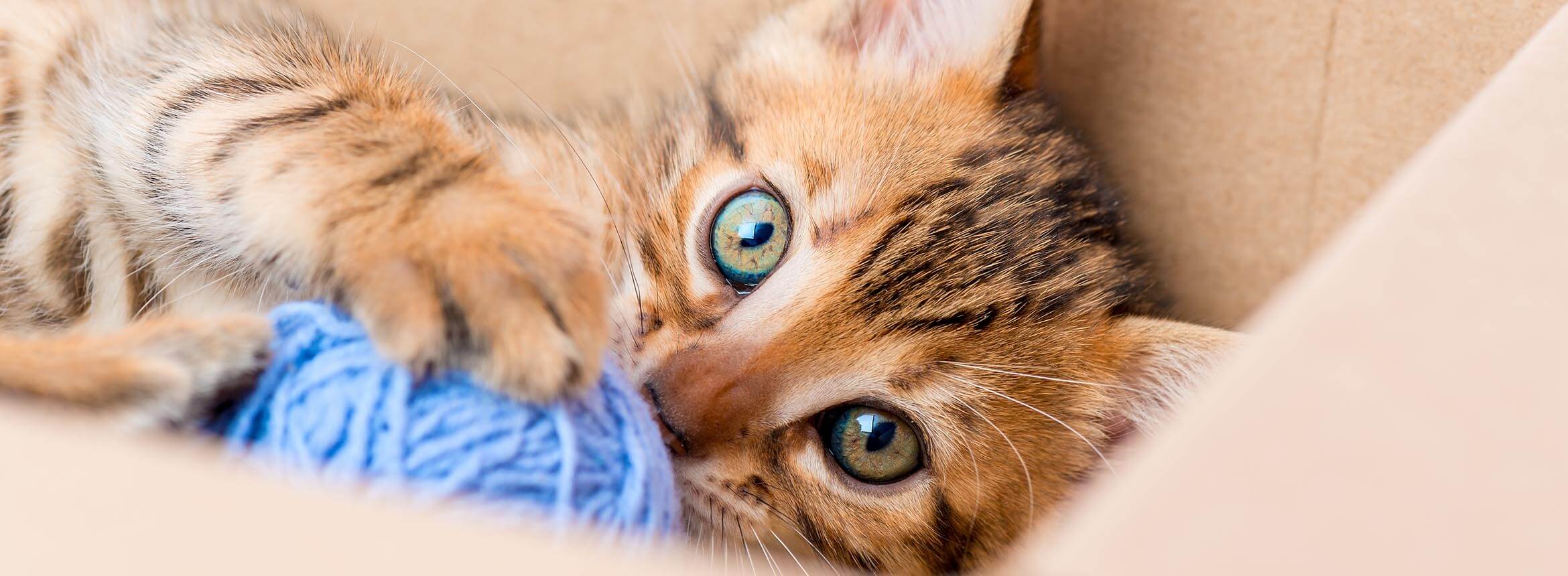New Pet Parent alert: Keeping your kitten indoors can prevent many common diseases. If you do want to let your new feline roam outdoors, this information can help you, too. COMMON FELINE DISEASES
Upper respiratory infections
Symptoms: Coughing, sneezing, and runny nose.
What to do: Minimize your kitten’s stress and keep her up to date on her vaccinations.
FIV (Feline Immunodeficiency Virus)
Symptoms: Enlarged lymph nodes, anemia, poor appetite, and wounds that don’t heal.
How it's transmitted: By outdoor cats who fight and bite. FIV can also be passed on from an infected mother.
What to do: Keep your new kitty inside and make sure her mama is FIV-free.
FeLV (Feline Leukemia Virus)
What it does: Weakens the immune systems of cats.
Diseases it can lead to: Anemia, cancer, kidney problems, and more.
What to do: Any new cat entering a household should be tested for FeLV.
PARASITES
Keeping your little fur ball inside won’t prevent worms and other common intestinal parasites like coccidia and giardia. What will prevent these pests: Keeping her litter box clean and ensuring she gets the proper year-round medications for heartworm, intestinal worms, and parasites.
INJURIES
Your adorable baby acrobat is fearless and wants to explore her new surroundings. But just like human babies, she has softer bones than an adult cat, so she’s much more likely to be hurt in a tumble or from rough handling. Soft tissue injuries — like sprains, strains, and pulled muscles — are most common in younger cats. Most heal with time and rest, but take your kitten to your veterinarian immediately if you suspect any injury.
To keep her out of harm’s way, supervise her! Make sure she’s not jumping from great heights (or distances), seal off any small areas where she might get stuck, and kitten proof your home so she can safely explore her new forever home.





